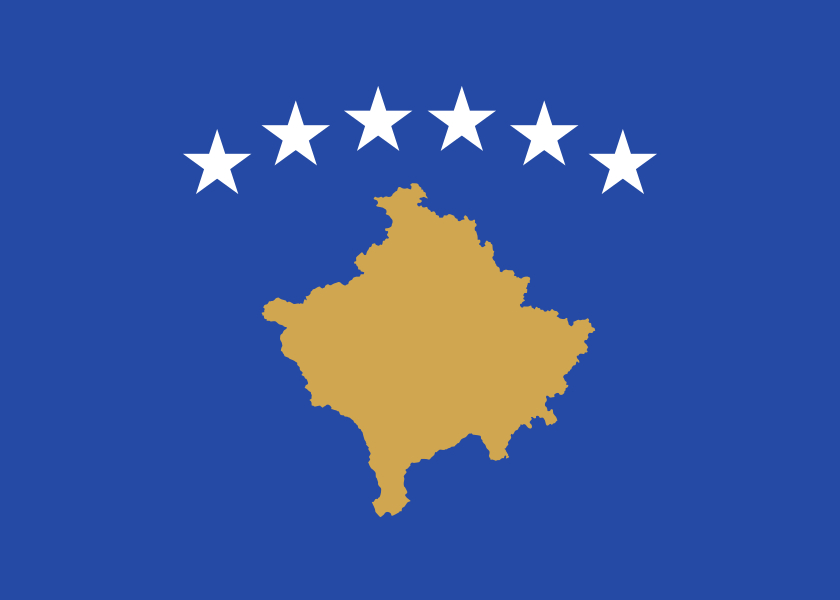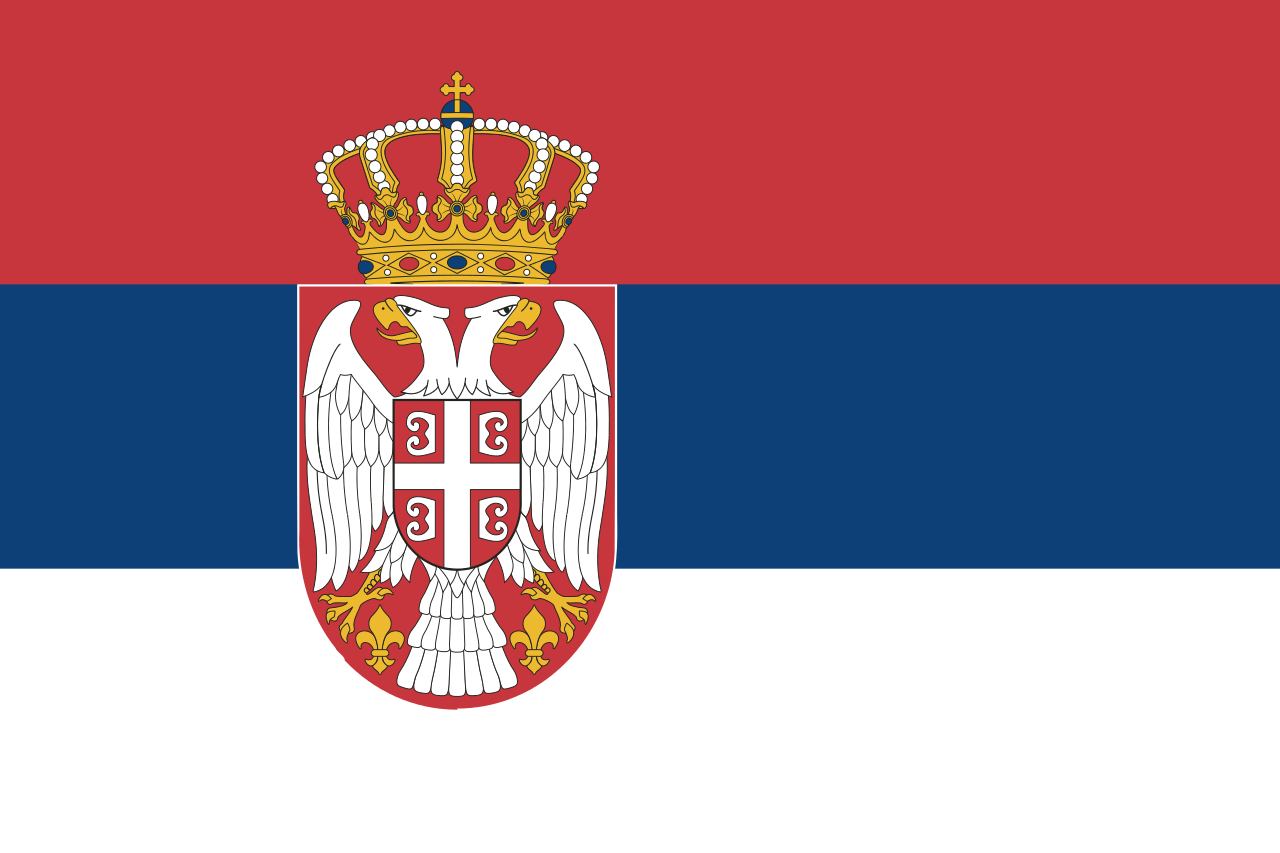Energy Transition Tracker maps decarbonisation challenge in the Western Balkans
The Secretariat’s Energy Transition Tracker published today explores how the low-carbon energy transition is unfolding in the Western Balkans.
The Tracker shows that despite a number of positive developments, effective policies and regulatory instruments to drive the energy transition forward are for the most part not yet in place in the Western Balkans. Political pledges, including to follow the EU in its path towards a carbon neutral economy by 2050 made under the Sofia Declaration, are yet to be translated into concrete actions. In fact, carbon dioxide emissions from electricity and heat production rose by 1% from 2018 to 2019, reaching 56,5 million tonnes.
North Macedonia remains the only WB6 party that expressed its intent to gradually phase-out coal. Bosnia and Herzegovina, Kosovo, Montenegro and Serbia are moving on with their plans to refurbish existing coal-fired capacities or even commission new capacities before 2030. Should these plans materialise, the current level of coal-fired generation capacities will increase by 1,5 GW until 2030. On the other hand, although the practice of granting subsidies persists in all parties concerned, the amount of direct coal subsidies is decreasing and in 2019 the amount of direct coal subsidies per unit of final electricity consumption was finally lower than for renewables, except in Bosnia and Herzegovina and Serbia.
The deployment of renewables is gaining speed in the region. To continue the upwards trend, all WB6 are moving towards market-based support schemes and explore options for a regional system of guarantees of origin with the assistance of the Secretariat. The potential to boost renewable energy in the transport sector still needs to be tapped.
Under the 2020 Sofia Declaration, the WB6 committed to continue alignment with the EU ETS and work towards introducing other carbon pricing instruments. The report highlights a need for a regional approach towards introducing carbon pricing and joining the EU Emission Trading Scheme. This approach was recommended by the Secretariat’s study on Carbon Pricing Design for the Energy Community and presented at a recent meeting of the Energy Community’s “GENEnC Platform”, which brings together electricity generation companies.
This edition of the Tracker also addresses the challenges of making the energy transition cost-efficient and socially acceptable linked to the low utilisation of interconnectors and the high level of energy poverty, respectively. The climate chapter now also tracks the establishment of a comprehensive climate legal framework, including embedding a 2050 decarbonisation roadmap into national law or strategy, and the status of Nationally Determined Contributions (NDCs) under the UNFCCC.







